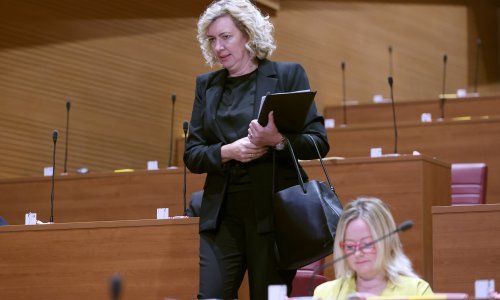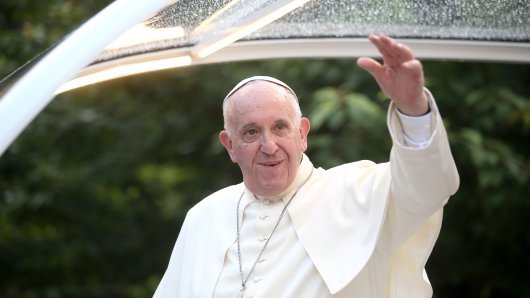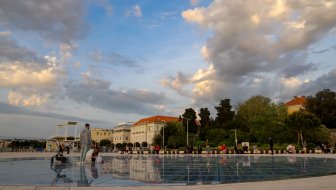Croatian President Ivo Josipovic addressed a summit of heads of state of Southeast Europe at the Viminacium archaeological site outside the Serbian Danube river town of Kostolac, east of Belgrade, on Friday, highlighting the importance of the role of artists in promoting relations between countries in the region and the role of politicians in "squaring accounts" in the aftermath of wars.
After a war, that biggest catastrophe that can hit a country, politicians have an obligation towards people. All the dead should not only be counted, but also named, light should be shed on the fate of missing persons, and all the people who have suffered any damage should be assisted and compensated for as much as possible, Josipovic said.
Josipovic said that in pursuing those goals, politicians and the judiciary play an import role. He warned that particularly dangerous was any policy that wanted to have a monopoly on the truth at all costs, eliminating in the process any undesired facts.
Artists and cultures that approve of such policies condemn themselves to transience, while the role of artists who do not give up on their autonomy and humanity is all the more important, Josipovic said.
It is to those artists that all of us politicians from this region should be grateful because they did not wait for our political agreements but often encouraged us with their works and their actions and were our vanguard in rebuilding old bridges and building new ones, Josipovic said.
Josipovic said he had had the pleasure of attending a concert by the Belgrade Philharmonic Orchestra in Dubrovnik a few days ago and that that event had eclipsed all the current disagreements between Zagreb and Belgrade.
The Bosniak member of the Presidency of Bosnia and Herzegovina, Bakir Izetbegovic, said in his address that culture enabled closer cooperation in the region, stressing that artists were ahead of politicians.
Izetbegovic said that his country was truly working on reconciliation among the peoples, adding that thanks to good regional cooperation, an initiative had been launched to jointly nominate medieval tombstones found in Serbia, Croatia, Bosnia and Montenegro for inscription in UNESCO's World Heritage list.
Izetbegovic requested support for Sarajevo's nomination as the European Capital of Culture in 2014. He announced that the Bosnian Presidency would recommend that the next, 10th summit of heads of state of Southeast Europe be held in Mostar.
Bulgarian President Georgi Parvanov said that all possibilities should be used to build new cultural corridors, and stressed that cultural processes encouraged dialogue and reconciliation.
Albanian President Bamir Topi said that Southeast Europe had passed through difficult periods in the past decades, but that shared culture could contribute to regional reconciliation.
UNESCO Director General Irina Bokova said that UNESCO and she personally would spare no effort in supporting reconciliation in the region and that they would cooperate with political officials and nongovernmental organisations in that process.



































